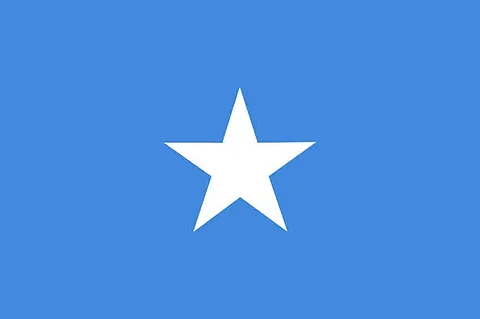Somali health authorities and the WHO have renewed their commitment to eliminating viral hepatitis in the country.
Somalia's Health Ministry and the WHO said on Friday in a joint statement issued in the Somali capital of Mogadishu to mark World Hepatitis Day that they are working to achieve the global goal of eliminating viral hepatitis by 2030.
"To reach this goal, the WHO supports the federal and state ministries of health in enhancing access to universal health coverage, including hepatitis testing, treatment and vaccines," the WHO added.
The UN health agency has called for scaling up testing and treatment for viral hepatitis, warning that the disease could kill more people than malaria, tuberculosis and HIV combined by 2040 if current infection trends continue, Xinhua news agency reported.
Aweiys Hersi Hashi, Manager of the National Hepatitis Program at the Ministry of Health, lauded the critical support extended by the WHO country office in managing the disease burden of hepatitis in Somalia, including blood transfusion screenings and integrating the vaccine into childhood immunisation schedules.
"We are struggling to expand these services to every part of the country, for which we will urge the partners to support the WHO and the Ministry to expand the service to ensure the goals of universal health coverage in Somalia could be achieved," Hersi said.
This year, the hepatitis campaign is under the slogan "One Life, One Liver," emphasising the link between viral hepatitis infection and liver inflammation.


